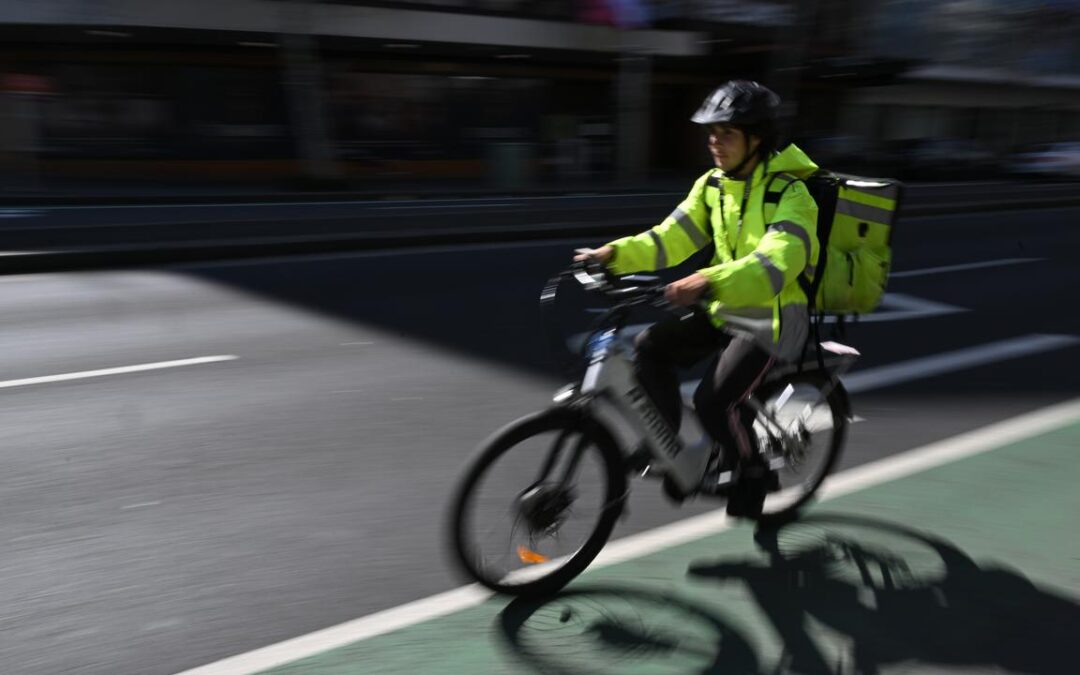
Menulog off: food delivery service to cease operations
After 20 years delivering meals and ad campaigns with Snoop Dogg and Katy Perry, somebody said Menulog would close its Australian operations.
The popular food-delivery service will stop trading on November 26, the company announced on Wednesday, in a move that will cut 120 jobs and reduce competition in the market.
The Transport Workers Union said the closure would come as a shock to delivery workers, who had been fighting for better employment conditions.
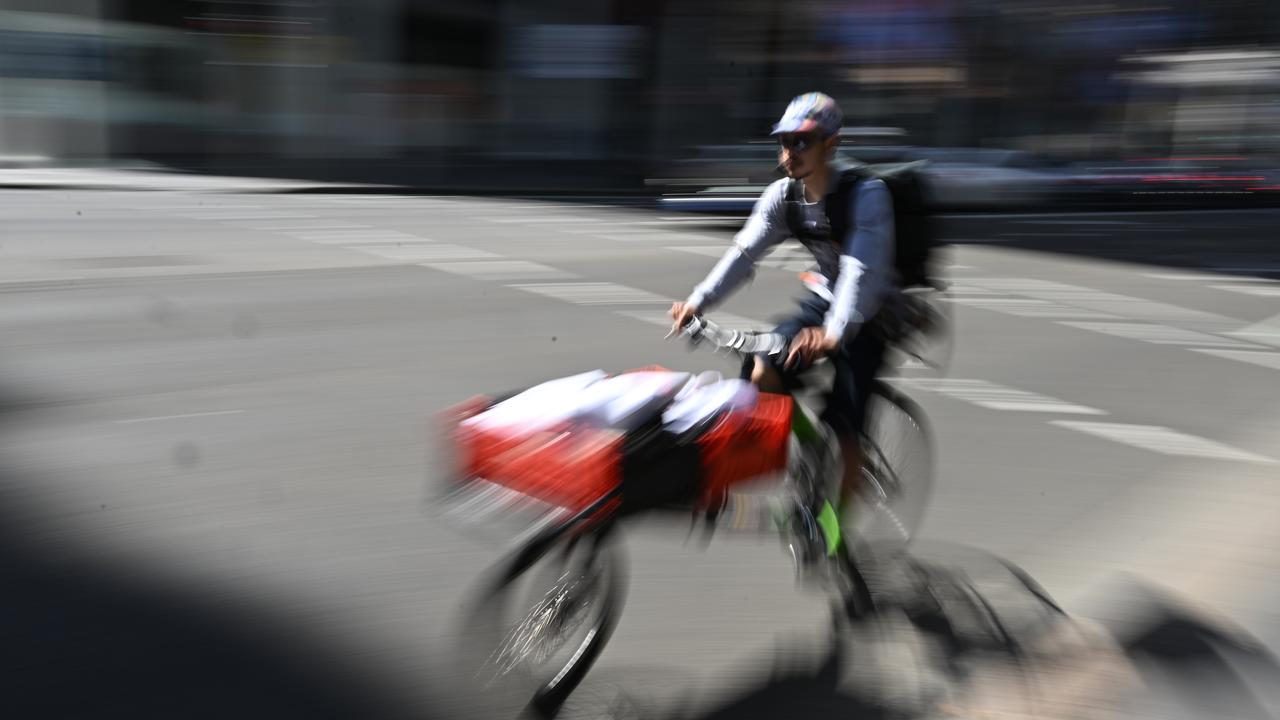
The announcement also follows the closure of Deliveroo in 2022 and Foodora in 2018, and despite growth in the food-delivery market.
Menulog, which was founded in Sydney in 2006, was one of Australia’s most popular food-delivery apps, according to Roy Morgan, second only to UberEats in 2022.
The decision to close the business had been challenging, Menulog managing director Morten Belling said, and the two-week notice of its closure was designed to allow customers to redeem vouchers and credits.
“Today is a tough day for the Menulog business and I would like to reassure everyone this decision was not taken lightly,” he said.
“Our priority now is to support our customers, couriers and partners.”
The company, which was acquired by Dutch firm Just Eat Takeaway.com, will offer some of its delivery couriers four-week redundancy payouts.
The news would come as a shock to thousands of couriers, Transport Workers’ Union national secretary Michael Kaine said, and highlighted employment instability in the industry.
“We will be working to ensure those workers receive pay for their work and fair exit payments over the coming weeks,” he said.
“In the gig economy, workers are still languishing with below-minimum wage rates, no sick leave or superannuation and deadly pressure to rush to make a living and avoid being deactivated.”
The federal government introduced Closing Loopholes laws in 2024 that introduced minimum standards for employee-like workers, and allowed the Fair Work Commission to set minimum standards for gig economy workers.
Remaining delivery services should back the changes urgently, Mr Kaine said, to ensure couriers have confidence in their employment conditions.
“DoorDash, Uber Eats, Hungry Panda and Easi now need to come to the table to ensure we get standards in place as soon as possible,” he said.
Menulog’s closure will see the departure of the only food-delivery service that began in Australia, and comes after the withdrawal of Deliveroo in November 2022 that also impacted 120 jobs.
The closures come despite growth in the market, with Statista reporting more than 8.3 million Australians used food-delivery services in 2024 and predictions from Mordor Intelligence that the food service market would grow by 11.45 per cent annually.

Optus reports improved customer base prior to outages
It has been the most scrutinised company in Australia in recent months but Optus has continued to gain customers and grow earnings.
Leaders at the besieged Telco have made grovelling apologies and been hauled before parliament after multiple failures contacting the triple-zero network.
The outages, which began mid-September, have been linked to four deaths.
However, the financial damage to Australia’s second-biggest telecommunications company is not yet clear, given its half-year results, posted on Wednesday, take in the six months to September.
The Singapore-owned business reporting 169,000 new mobile customers on September 30 compared to a year ago, with 30,000 new postpaid customers.
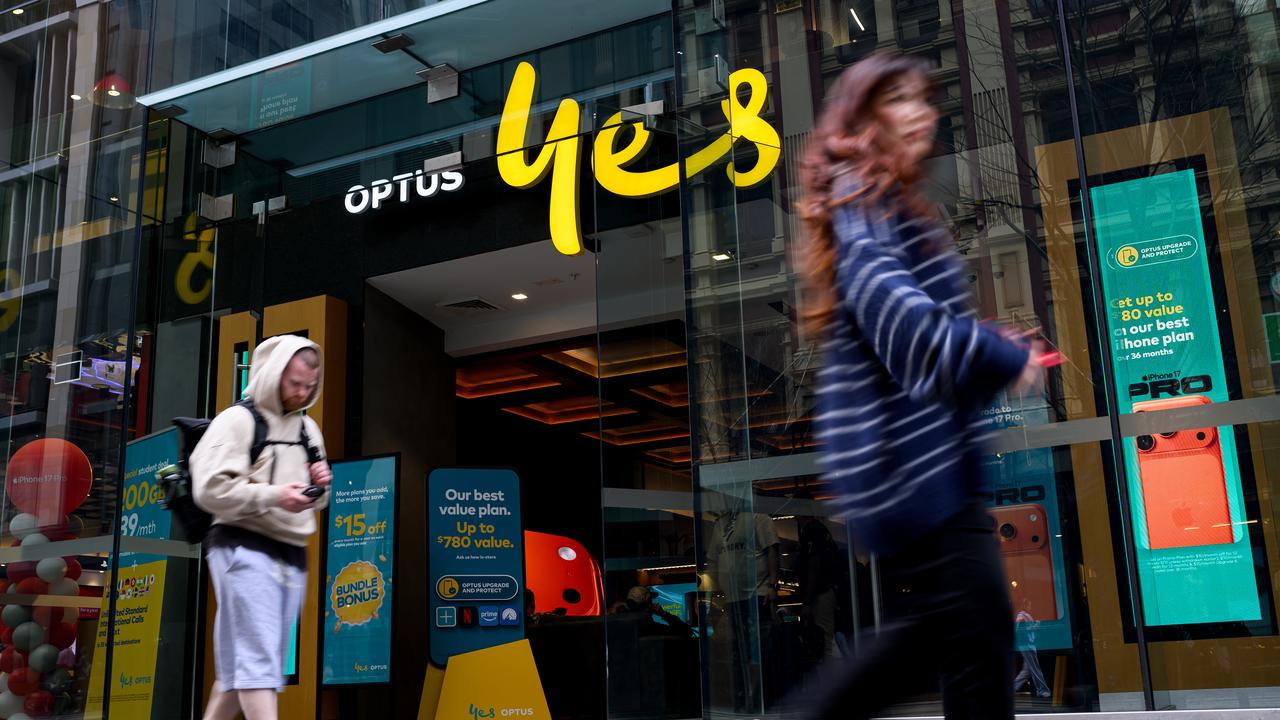
Based on figures from its annual report, Optus now has 10.9 million mobile customers.
EBITDA was up 7.2 per cent in the six months to September 30, with operating revenue at $4.09 billion, up 1.7 per cent.
Half-year earnings before interest and tax landed at $283 million compared with $223 million for the same period last year.
The reporting period covers the sale of the English Premier League broadcasting rights to Nine as the Telco focus on “core operations”, and the offloading of 340 mobile tower and rooftop sites to Waveconn to “unlock capital for future network investments”.
Optus has suffered grievous reputational damage from the triple-zero outages.
A fresh problem was reported last week, with a fibre break in the Hunter Valley region of NSW impacting customers’ ability to contact emergency services.
Optus has commissioned an independent review into the outages, led by Kerry Schott, which is due before year’s end.
“Dr Schott will report her findings to the Optus Board, and following consideration, the Board will make the report public,” a statement issued on Wednesday read.
Optus also also pledged to hire 300 new Australia-based contact centre workers and brought forward plans to “on-shore” network operations in Australia.
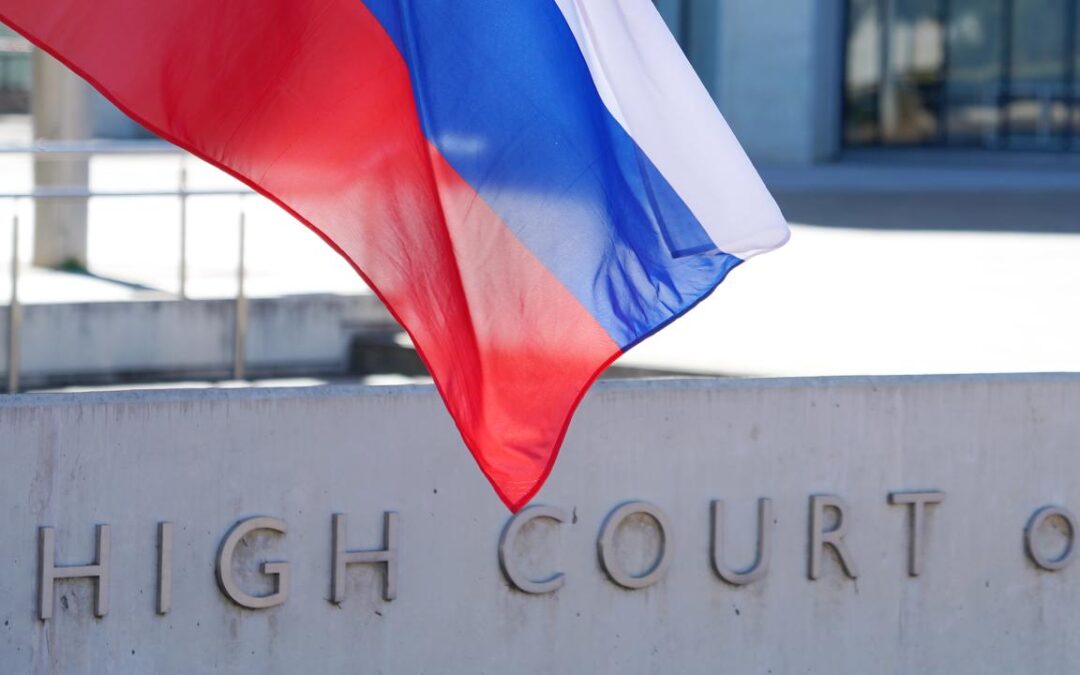
Australia ordered to pay Russia for embassy takeover
Australia can reclaim a proposed Russian embassy site but will need to compensate the authoritarian state for the forceful takeover.
The High Court ruled as valid federal laws passed to reclaim land Russia had leased to build a new embassy in Canberra on national security grounds.
But the Commonwealth was liable to pay a reasonable amount of compensation for the acquisition under the constitution, it said in its judgment on Wednesday.
The Commonwealth will need to pay half of Russia’s cost for the case.
In 2023, Australia quickly passed laws to cancel Russia’s lease on a plot of land where it planned to build an embassy a few hundred metres from Parliament House.
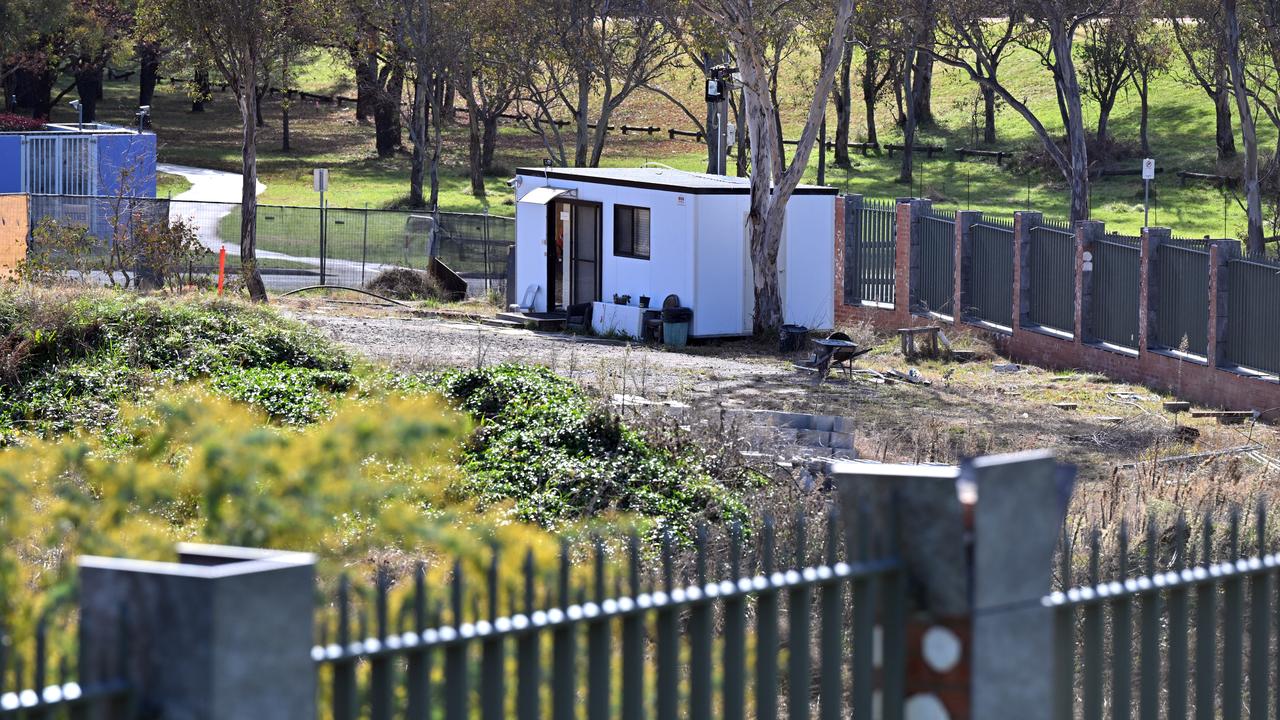
Russia rejected the cancellation of the 99-year lease, which was granted by the Australian government in 2008, as hostile action amounting to “Russophobic hysteria”.
No developments were completed on the plot, but an official squatted on the land after the decision to frustrate any Australian effort to reclaim it.
Russia took the fight to the High Court, arguing the laws were unconstitutional because there was no evidence of a national security threat.
Failing reinstatement, Russia was entitled to compensation, representatives argued.
Top silk Bret Walker SC, representing Russia, previously argued it was offensive to assume people would willingly give up their property without compensation because national security grounds were invoked.
He cited an army barracks as an example, saying the Commonwealth would be within its rights to acquire land around the structure to protect security but would still be expected to pay the owners.
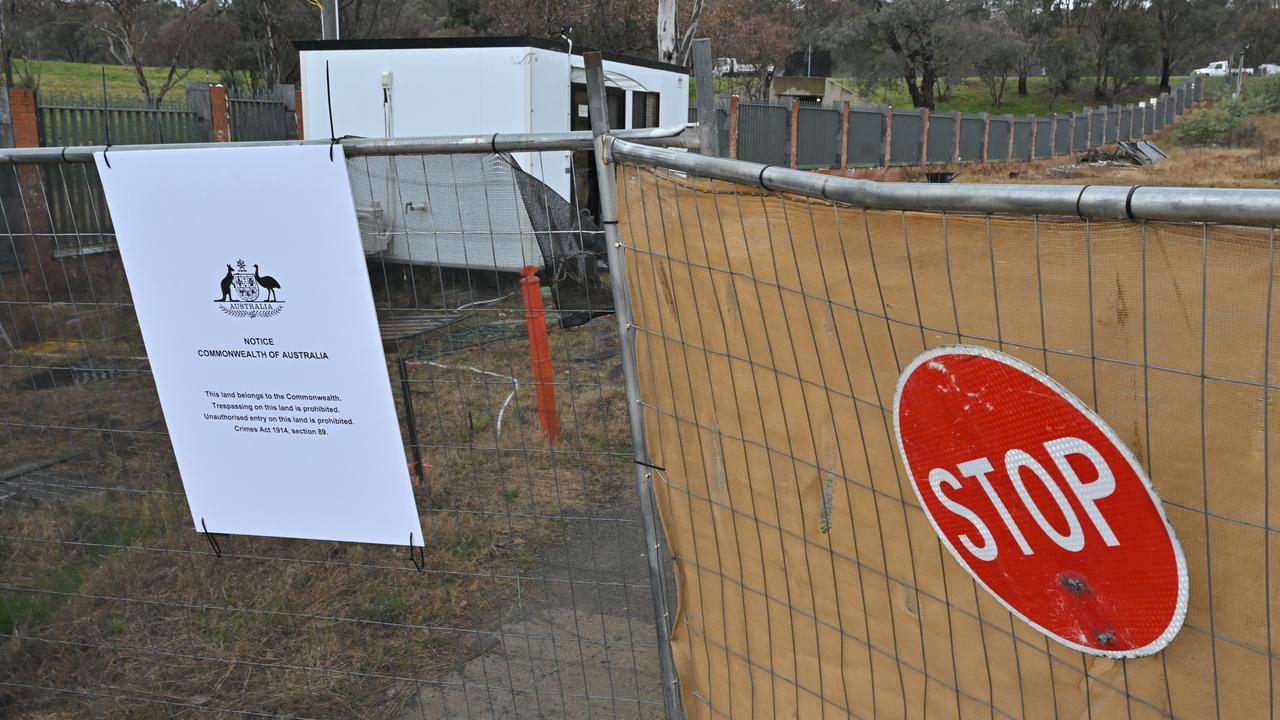
Solicitor-General Stephen Donaghue argued the government had the power and authority to make laws stripping the Russians of their lease.
The Commonwealth also relied on “specific advice” about the nature of the construction that was planned and the capacity the site’s location would provide the Russian mission.
The advice from the Australian Security Intelligence Organisation was not detailed in court due to public interest immunity protections.
Compensation should not be paid to a nation “for problems they cause themselves”, Mr Donaghue told the High Court previously.
Mr Walker said it was “really disturbing” to propose the taking of land without compensation on pre-emptive national security grounds where no explicit threat had been proven.
He said such a precedent was absurd and would mean “everyone is to be regarded, until proven otherwise, a terrorist threat”.
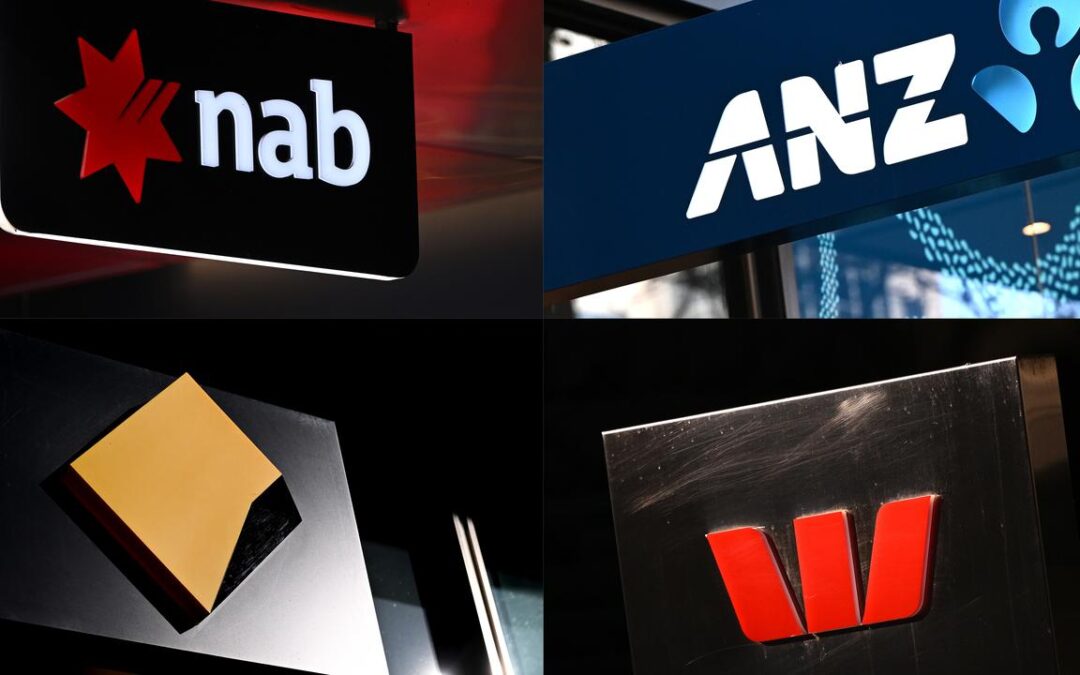
Big four banks slammed for profiting from fossil fuels
ANZ and Westpac are streaking ahead of the other big banks as go-to financiers for fossil fuel companies, a report has found.
More than 70 per cent of fossil fuel projects funded since 2022 were bankrolled by the two highlighted in the report by clean energy finance advocacy group Market Forces, who labelled ANZ and Westpac’s current climate policies “greenwashing”.
In the decade since the Paris Agreement was signed, the report found the big four banks have provided $43.4 billion to coal, oil and gas companies but the spending is not an even spread.
Competitors Commonwealth Bank and NAB have dramatically wound back their funding for big polluters since 2022, with Commbank dropping from second place in 2021 to a distant fourth today.
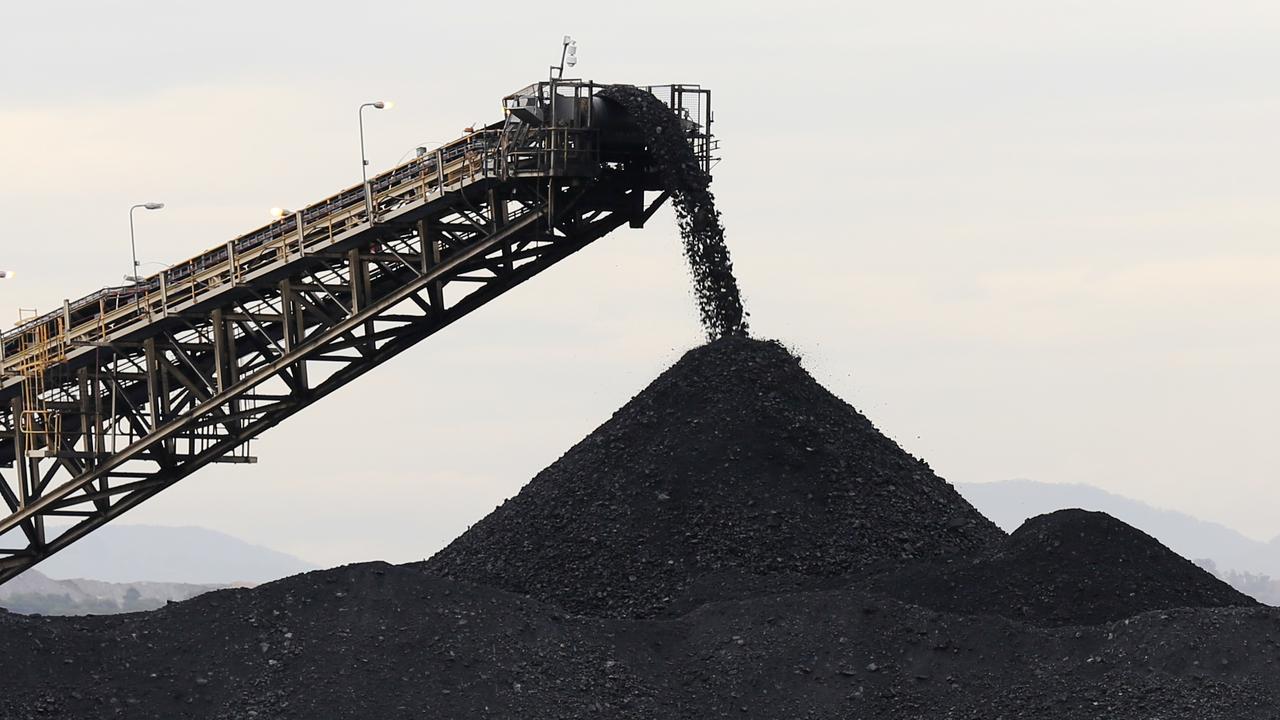
“Australia’s big banks must end all finance for companies without credible plans for the critical shift to a more secure economy and a liveable climate,” said the group’s head of research, Kyle Robertson.
“ANZ and Westpac are greenwashing by cutting deals with some of the biggest coal, oil and gas companies in the world.”
The report found that $15.9 billion has been provided by ANZ alone in the past decade, with nearly $6 billion spent since 2022 leaving the bank well clear at the top of the report’s fossil fuel funding league table.
Westpac took second place with $3.8 billion and both banks took part in a $12.9 billion loan to petroleum giant BP.
Transitioning their lending portfolio to net-zero financed emissions in line with Paris was the “ambition” of ANZ, the company said.
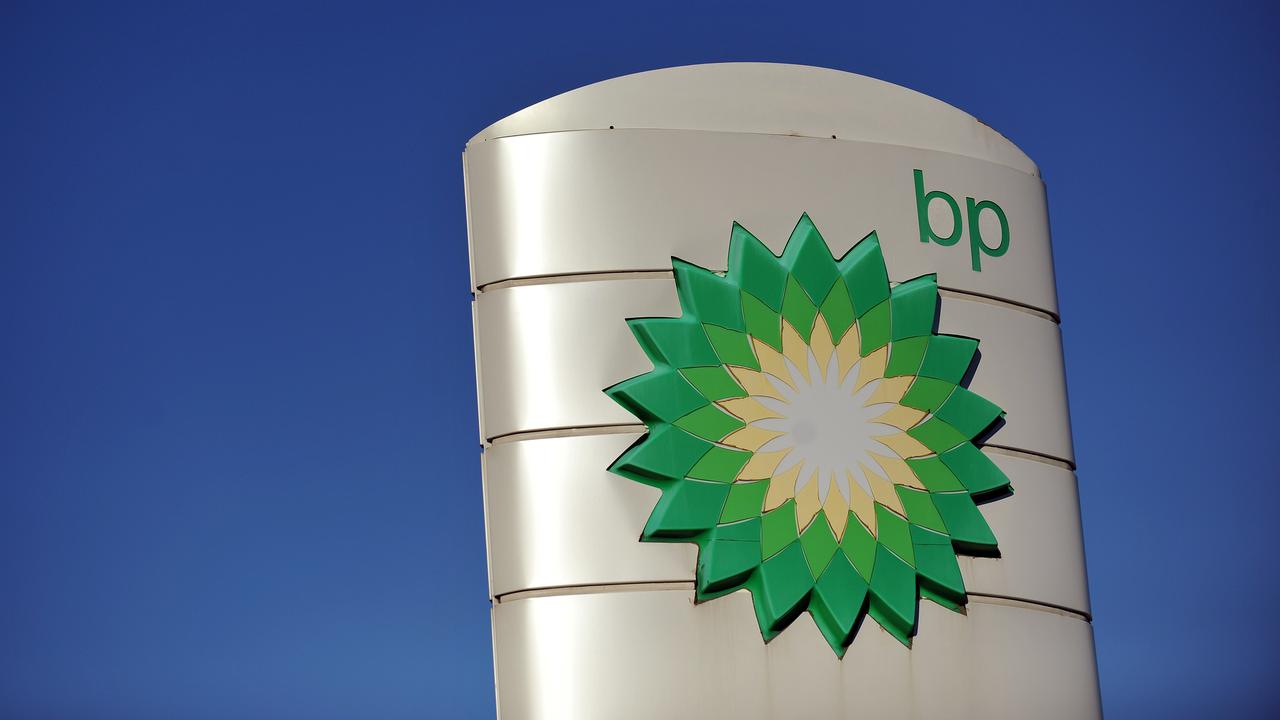
“ANZ is a significant lender to the energy sector, which is the most carbon intensive part of the global economy,” an ANZ spokesman said.
Westpac was contacted for comment.
Emissions have continued to increase globally since the 2015 Paris Agreement, the UN says, with fossil fuel production a crucial driver of the potential of 3C of warming in the 21st century.
On October 1, all big four banks committed to select fossil fuel clients on the condition they submitted Climate Transition Plans compliant with the Paris Agreement.
But Market Forces found the actions of Commbank and NAB vastly outperformed their competitors in the lead-up to the October deadline, with CBA dropping lending exposure for oil and gas by 75 per cent in the last three years.
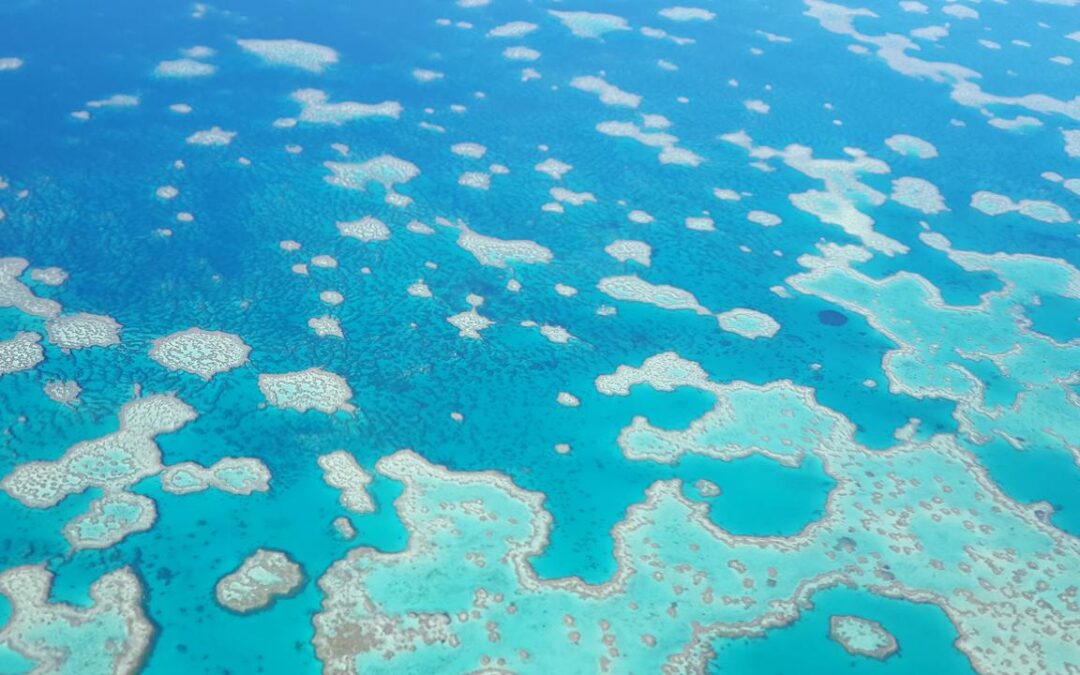
Legal loopholes threaten reef, ex-Treasury boss warns
The Great Barrier Reef is at risk unless nature law reforms close long-standing deforestation loopholes, warns a prominent economist and environmentalist.
Former Treasury secretary Ken Henry says there is a “strong case” for overhauling federal environmental protections to eliminate flaws that allow widespread clearing of native vegetation.
“Neither the present laws, nor the proposed reforms, provide the Australian government with the ability to act to protect the reef from irresponsible clearing, due to a 25-year-old loophole,” the chair of the Australian Climate and Biodiversity Foundation will tell a Brisbane audience.
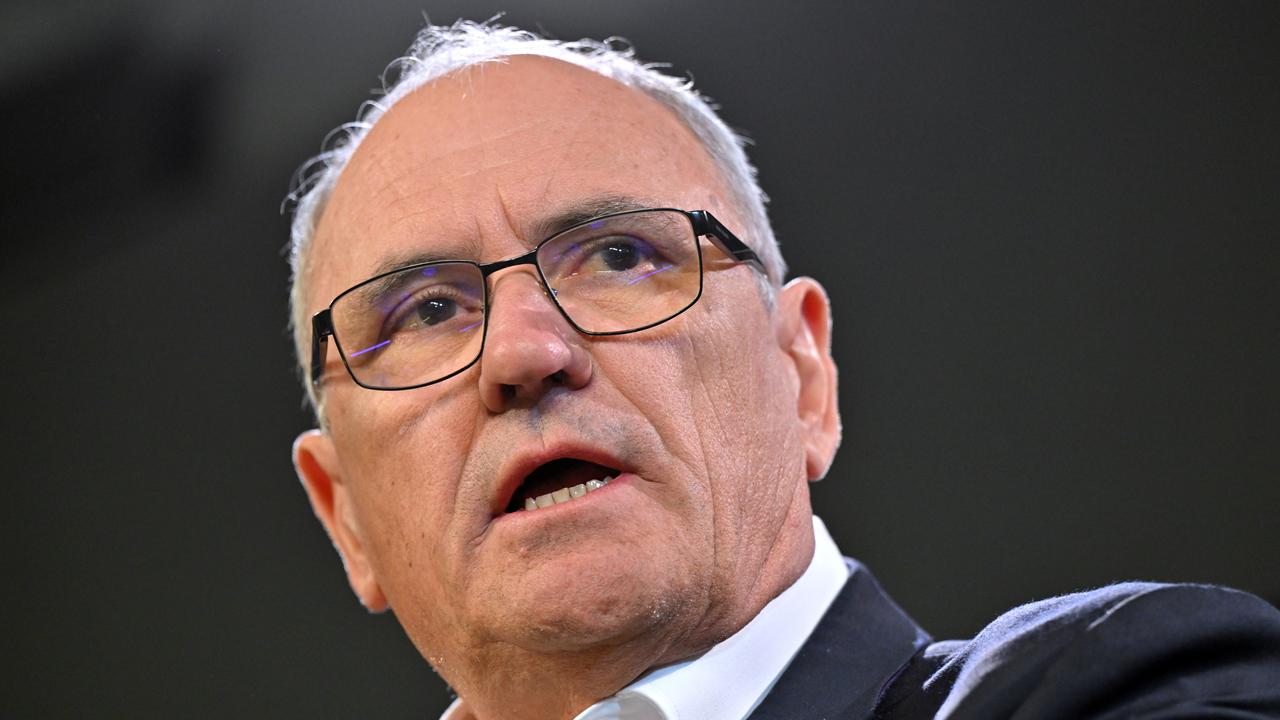
Dr Henry is also sceptical of the “national interest” override but is otherwise in favour of the reform direction and says change is urgently needed to protect nature and unleash economic productivity.
“Neither the environment nor the economy can afford a third failure,” he will tell the Committee for Economic Development of Australia event on Wednesday.
Australia’s federal government is on its third attempt to overhaul the laws designed to protect nationally-significant species and habitat from destructive development.
The latest try spearheaded by Labor Environment Minister Murray Watt is yet to secure the necessary support from either the Greens or the opposition.
Dr Henry says the proposed reforms offer “substantial improvements”, but are undermined by the persistence of deforestation loopholes and a few other shortcomings.
“The inability of the reforms to deal with the ongoing large scale clearing of native vegetation is a major problem,” he will say.
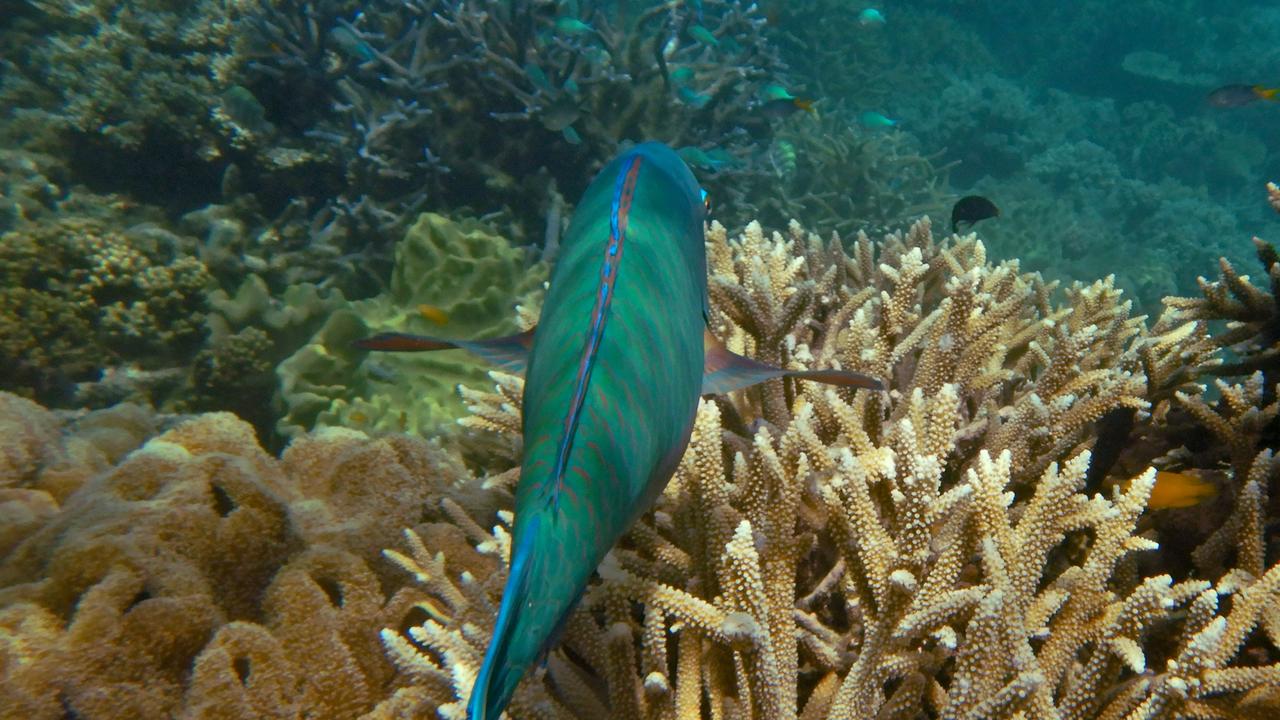
Queensland is a hotspot for deforestation and landclearing in catchments that flow into the World Heritage-listed Great Barrier Reef cause erosion that washes debris into waterways.
Sediment, nutrients and pesticides are then sent downstream and into the ocean where they stress corals already under pressure from warming oceans.
Between 2018 and 2022, almost 700,000 hectares of native bushland in reef catchments was cleared, the Australian Marine Conservation Society estimates.
Dr Henry says the case to protect the reef is amplified by its role as an economic engine, citing Deloitte Access Economics research commissioned by the Great Barrier Reef Foundation.
“If the reef were an employer, it would be Australia’s fifth largest,” he will say.
Closing the well-known loopholes for forestry and landclearing also has implications for climate change as trees and vegetation are significant carbon sinks.
Forest protection is a priority item at United Nations climate talks presently being held next to the Amazon rainforest, known as the “lungs of the world”.
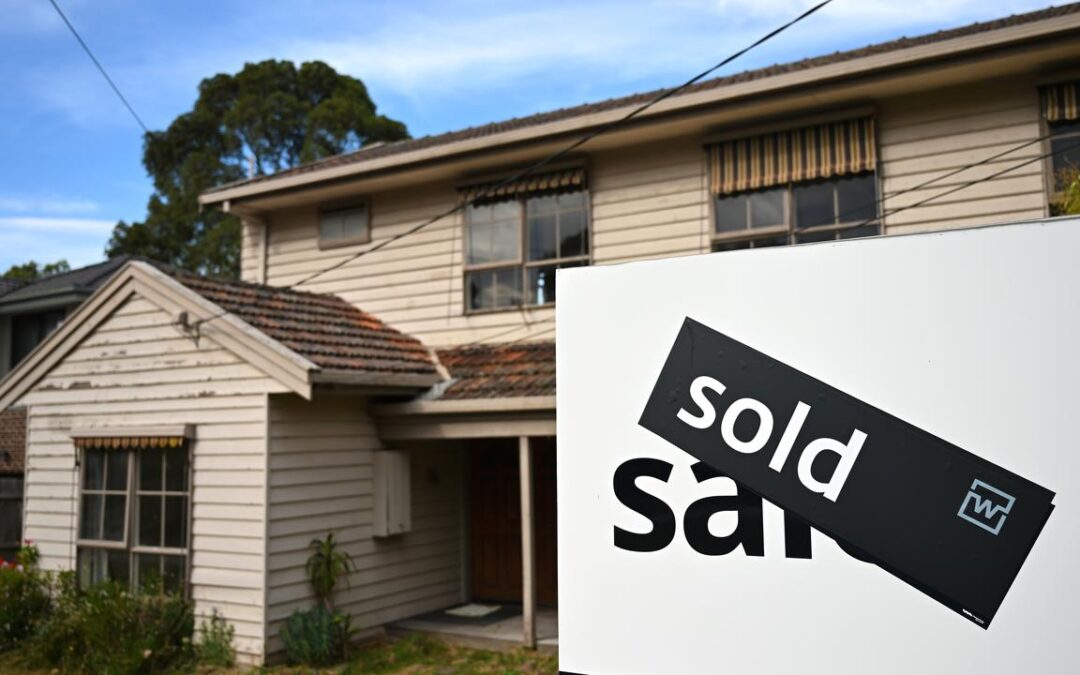
Door closes on inner-city homes for young Australians
Australians are scrapping over the last “patches of dirt” left in the inner cities as a chronic undersupply of homes pushes buyers to their limits.
Fresh data from online listings platform Domain reveals a yawning gap between what buyers can afford to pay for freestanding homes and what is available on the market.
In Sydney, Melbourne and Brisbane, buyer searches for houses are $300,000 cheaper than the median listing prices within 10km of the city centre, Domain found in a report released on Wednesday.
“For houses, it really does show that that inner ring is pretty much unattainable for most buyers that are searching in that area,” Domain chief economist Nicola Powell told AAP.
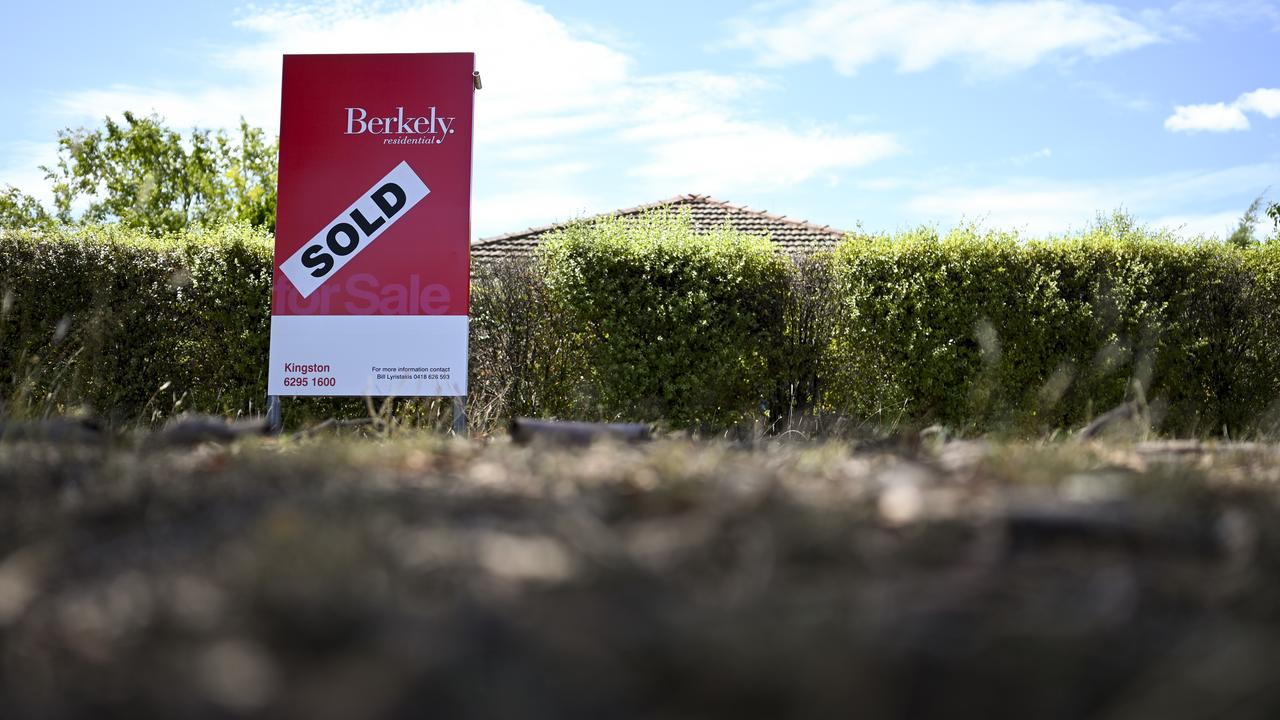
Price gaps for houses narrow substantially the further out buyers look, with the exception of Sydney, where listings are still $150,000 more expensive than searches in the middle ring.
In Melbourne, house listings were $100,000 lower than searches in middle-ring suburbs and $50,000 lower for houses more than 25km from the city centre.
Emma Bloom, a buyers advocate at Morell and Koren in Melbourne, said freestanding houses would always have higher potential for capital growth.
“Freestanding houses are the best investment because God’s not making any more land, so everyone wants their little patch of dirt,” she said.
But as supply dwindles and demand keeps rising, a well-located block of land will become unattainable for most.
“The Australian dream is going to be a balcony with a bit of sunshine rather than a Hills Hoist in the back garden,” she said.
The premium for a house over a unit across the capital cities grew to a record high of $363,000 in October, or 49.9 per cent, found property data firm Cotality.
It’s a substantial increase from five years ago, when houses were just 20 per cent more expensive than units.
Sydney-based buyers agent Chris Clarke says the big burst in prices post-COVID was the “straw that broke the camel’s back” for young people hoping to buy a house in the inner city.
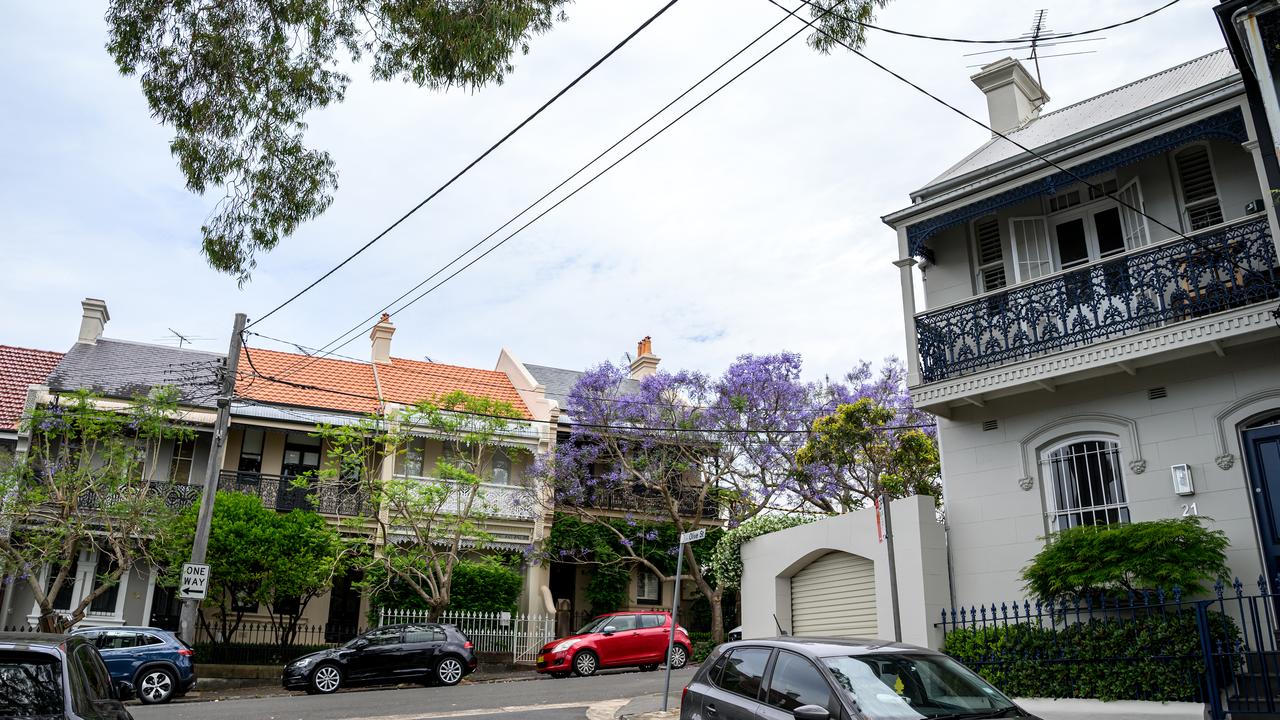
While some buyers moved further afield in search of a patch of land to call their own, others preferred to give up their aspiration for a freestanding home to stay closer to friends, family, jobs and amenities.
“In both scenarios it’s a bitter pill to swallow. You’re sacrificing a house for location or location for a house,” Mr Clarke said.
Unit listings were below or in line with buyer searches throughout the urban gradient in all cities, with the exception of Sydney’s inner ring.
But inner-city apartments were still much more expensive than the cost to build because of restrictive zoning restrictions, Justin Simon, founder of pro-development group Sydney YIMBY said.
“We see in Bondi Public School there are rapidly falling school enrolments, and parents are having to having to crowd fund for an extra teacher to run an enrichment class,” Mr Simon said.
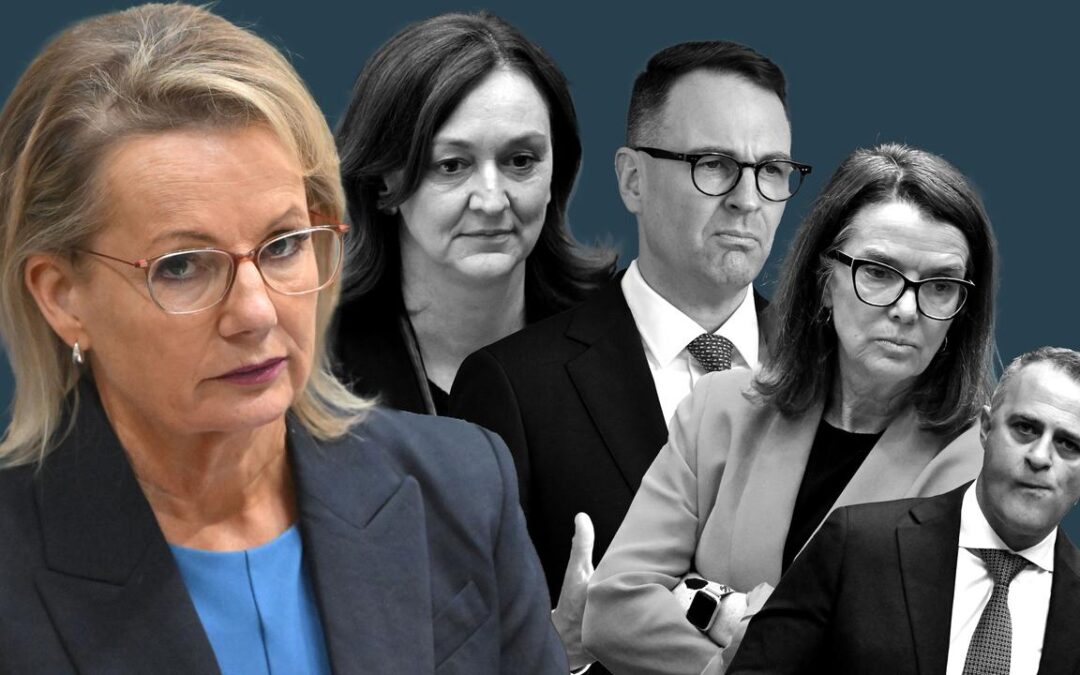
Polite discussion at noon: Libs to decide energy policy
Liberal MPs and senators will meet in the nation’s capital for crucial talks as they inch closer to a formal policy on climate change and energy.
The party is widely expected to water down its commitment to net zero emissions by 2050, but will still retain some commitment to reducing carbon pollution if it returns to government.
A party room meeting has been called for midday on Wednesday in Canberra, where members will discuss their approach to the issue.
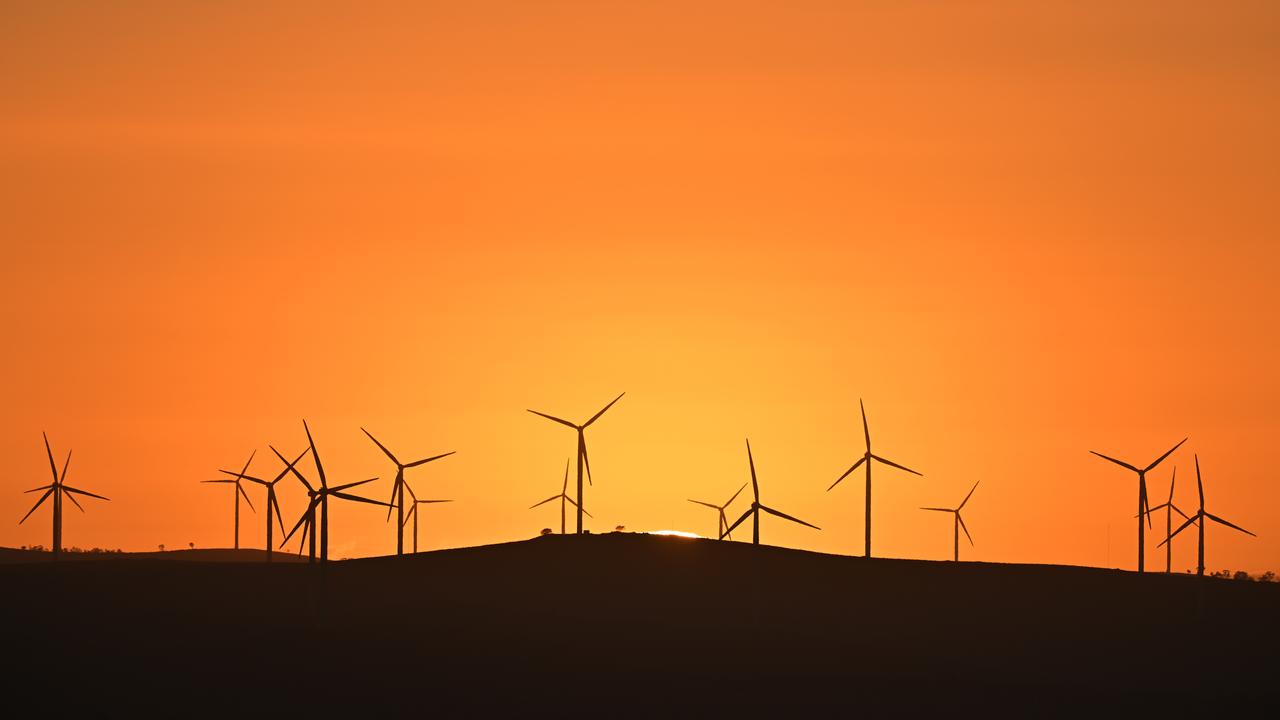
Energy and climate policy has increasingly become a proxy battle for Sussan Ley’s leadership, which some MPs say is under threat from rivals in the party’s conservative flank.
On Tuesday, shadow attorney-general Andrew Wallace said he backed Ms Ley to remain in the role, but praised Angus Taylor who is widely seen as a possible challenger.
“He has been outstanding in (the defence portfolio) and I really do think that he has been an exemplar as a potential leader,” he told ABC TV.
Liberal insiders have stressed Wednesday’s meeting will not include a vote, and will only be a discussion about policy.
A meeting of the Liberal shadow ministry will be held on Thursday for the leadership team to finalise its energy plan.
The party will then need to negotiate with its coalition partner the Nationals, who have already promised to ditch net zero by 2050 and instead tie Australia’s carbon emissions to an average of OECD countries.
The Liberals and Nationals will attempt to thrash out a final agreement before a joint party room meeting on Sunday where the policy will, in theory, be officially endorsed.
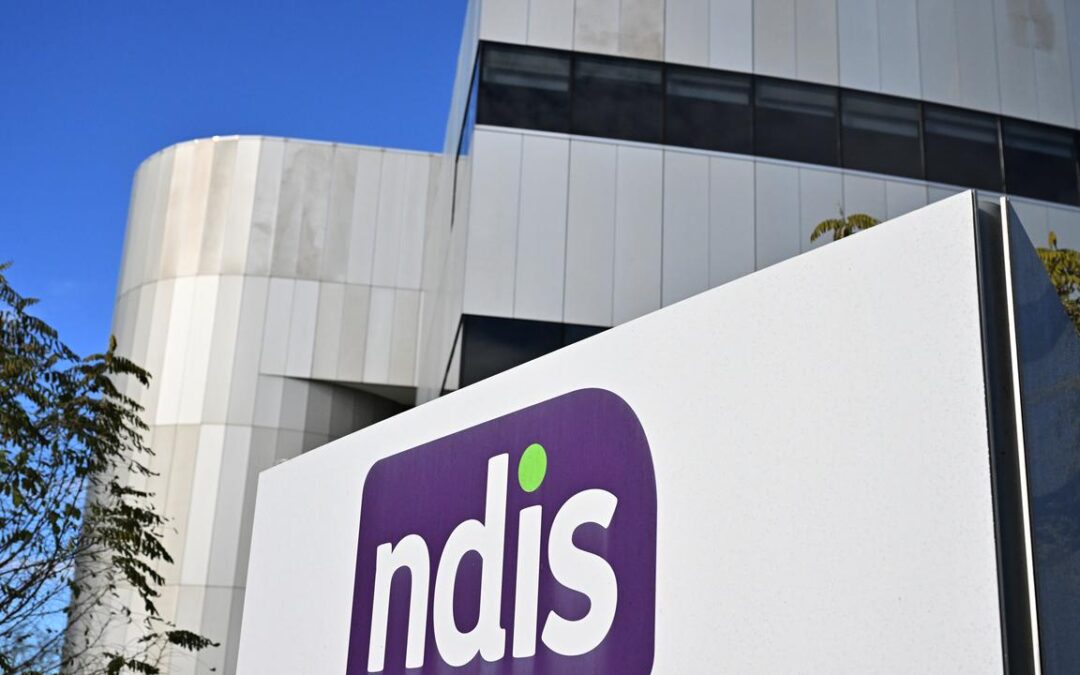
‘Cracks’ in NDIS led man to seek prison return instead
An institutionalised young man opted to return to jail where he had been stabbed rather than living with insufficient NDIS support on the outside.
Jayden Conroy had spent a large portion of his adult life in jail and was struggling to cope in the community when he decided to attract the attention of police on September 15, 2024.
The 24-year-old Indigenous man wanted to go back to prison despite being stabbed 11 times while in custody in January 2023 and suffering a collapsed lung, a broken nose and black eyes.
To get there, he used a knife to steal $125 from a taxi driver as well as his vehicle – an incident the sentencing judge labelled “horrifying” – before leading police on a high-speed chase through Sydney’s west.
He stole $382 and some packets of cigarettes from a petrol station that afternoon before handing himself in and being arrested.
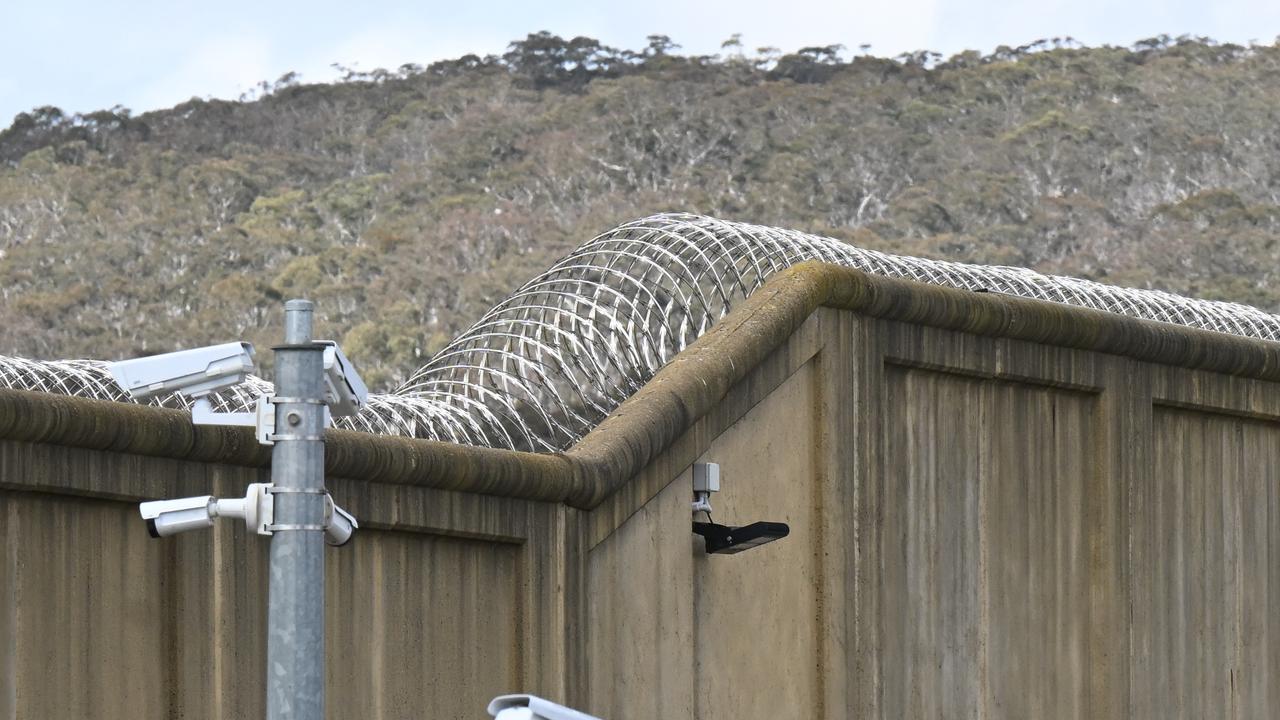
A fortnight prior to these crimes, he was told he could only get NDIS assistance for 11 hours a day.
Conroy, who has been diagnosed with a range of conditions including fetal alcohol spectrum disorder, had told a forensic psychologist that people confused him and he needed someone “telling me 24/7 how to live life”.
The fact he opted to engage in two armed robberies and a high-speed police pursuit rather than live with inadequate disability support has raised concerns about the system.
“This case highlights a broader issue where vulnerable Australians with complex and chronic mental health challenges are being failed by the system,” federal opposition NDIS spokeswoman Anne Ruston said.
A recent report by the Australian Psychosocial Alliance showed NDIS application approval rates for people with psychosocial disability had plummeted to 25 per cent, she said.
“The Albanese government must explain how it will ensure vulnerable Australians with complex and chronic mental health conditions have access to the support they need, including through the NDIS,” Ms Ruston told AAP.
Greens disability and NDIS spokesperson Jordon Steele-John said underfunding for the current disability support system created “serious and harmful unintended consequences”.
“This situation shows just how wide the cracks are when our justice, health, housing and disability systems fail to work together,” he told AAP.
In sentencing Conroy last week, NSW District Court Judge Robert Montgomery found his moral culpability was reduced as he had not been motivated to harm the victims or gain financially.
“(Conroy) intended to be returned to institutionalised life so as to escape the outside world after he had asked for help to cope but had been denied support,” the judge wrote in his decision.
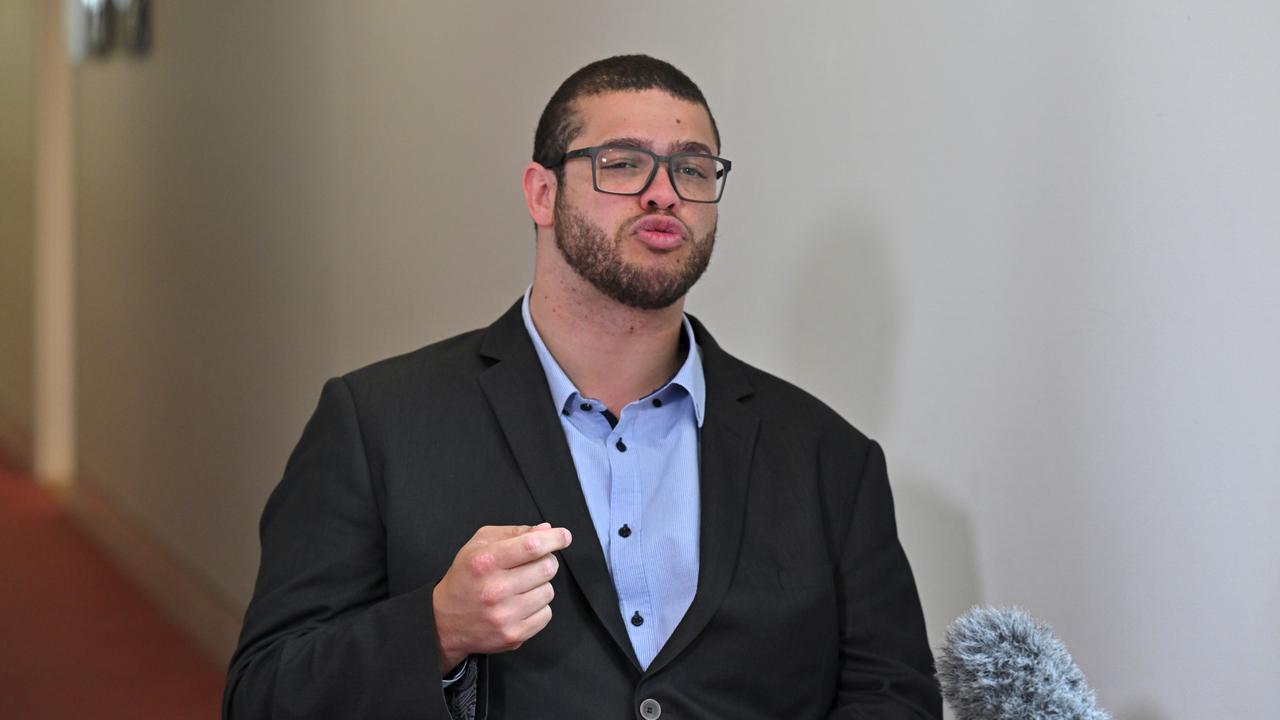
“Independent expert medical opinion evidence supports that the offender needed the help that he asked for and that the offending may not have occurred at all had he received that support.”
With his limited NDIS support, Conroy had resorted to smoking cannabis daily, snorting cocaine and binge drinking alcohol on the weekends.
Judge Montgomery imposed a maximum jail sentence of two years and 10 months behind bars with a non-parole period of one year and eight months, expiring on May 14, 2026.
While he had a high likelihood of reoffending when released, this could be reduced through proper mental health treatment, the judge said.
The judge recommended that Conroy be assessed for 24/7 NDIS support.
A spokesperson for the National Disability Insurance Agency, which oversees the scheme, said it was not designed to replace mainstream justice and mental health systems.
“The NDIA works closely with state and territory government services to ensure NDIS participants receive a holistic approach to supports,” the spokesperson said, adding that specialised support was available for participants in the justice system.
Lifeline 13 11 14
beyondblue 1300 22 4636
13YARN 13 92 76
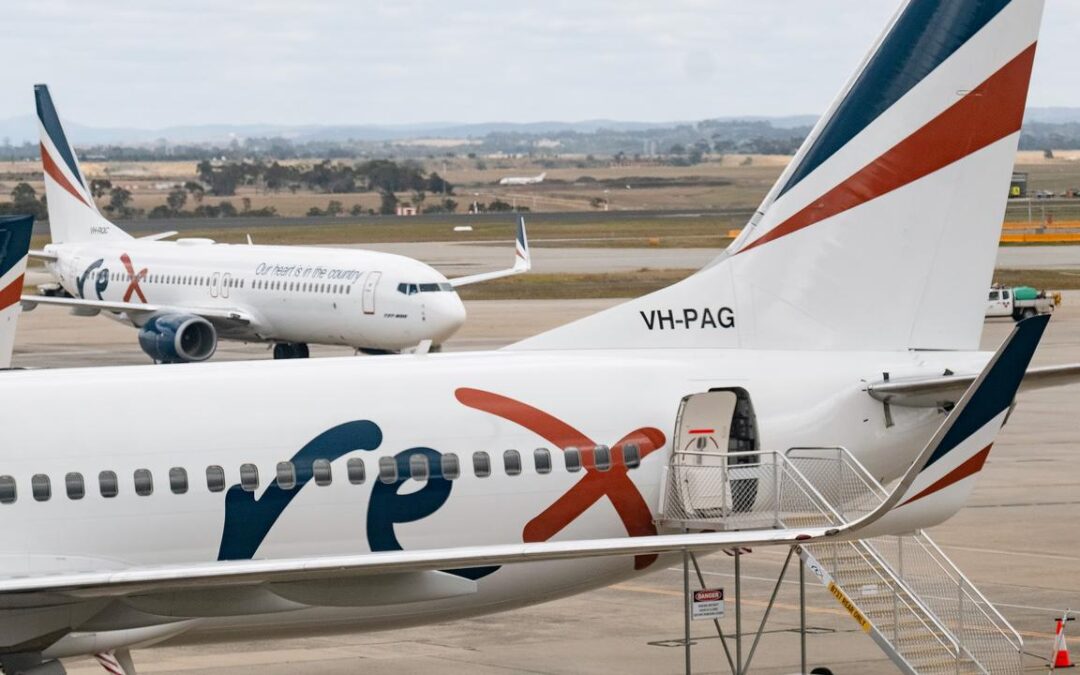
Rex’s sale to US aviation business cleared for take-off
Regional airline Rex’s sale to a US buyer has been ticked off, paving the way for new ownership to take over as soon as December.
More than a year after the cash-strapped carrier went into voluntary administration, creditors voted in favour of the airline’s sale to American aviation investor Air T on Tuesday.
The embattled airline has been propped up the federal government since so its regional and remote routes could keep operating, the government having bought $50 million of Rex’s debt while also lending it $80 million.
The administrators’ announcement did not indicate what return creditors would receive from the sale, nor any return shareholders could expect to see from the sale.
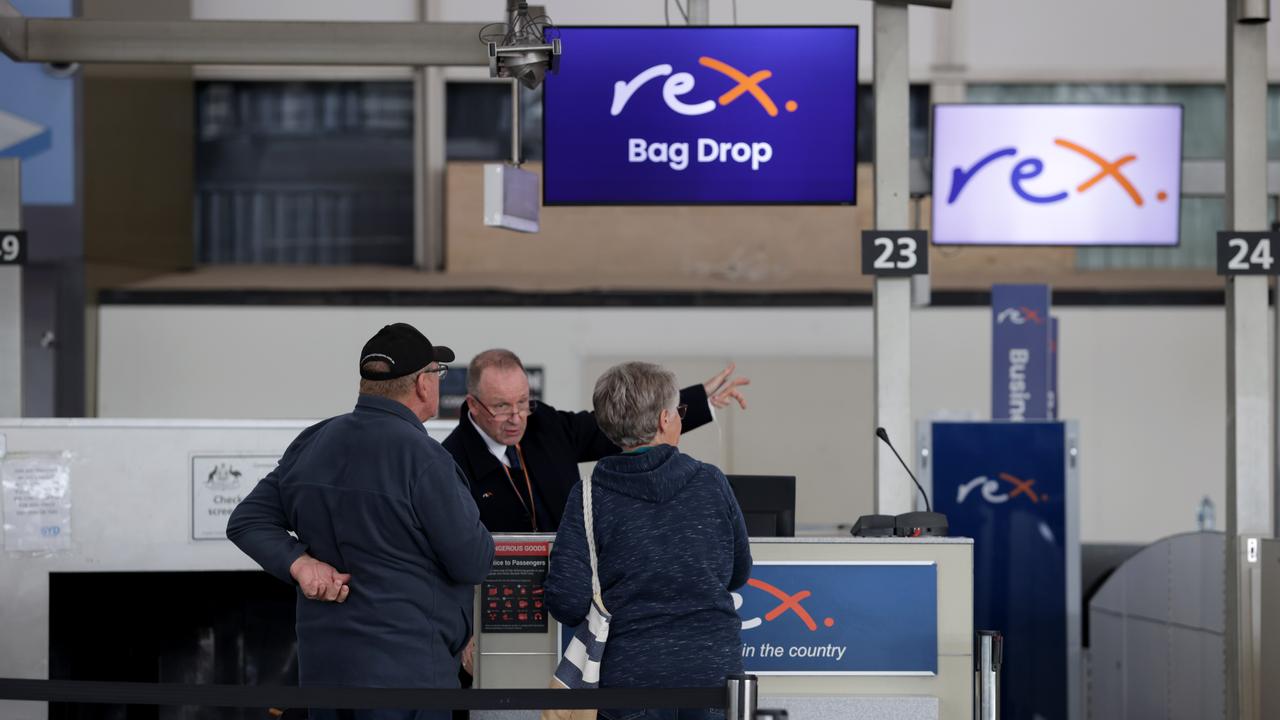
Rex is no longer listed on the Australian Securities Exchange.
Creditors also voted to liquidate the capital city arm of Rex’s business, with Air T not proposing to buy it.
Rex’s downfall was driven by its expansion into capital city routes, where it failed to compete with its major rivals.
Administrator Sam Freeman said Air T was expected to assume operational control of Rex by mid-December.
“We wish to thank all of the staff who have ensured the seamless continuation of regular passenger services over the past 15 months, customers who have continued to support Rex … and the Australian government who have provided extensive support to enable this outcome,” he said.
The federal government backed Air T’s bid and said the sale was a win for regional communities.
“Air T’s bid was endorsed by the government and includes a support package comprising a loan of up to $60 million and a restructuring of existing Australian government debt,” Transport Minister Catherine King said.
“In exchange for this support, Air T has agreed to a range of commitments aimed at preserving essential regional aviation connectivity and improving Rex’s governance arrangements.”
Rex’s regional business flies between 54 Australian airports.
Air T owns air cargo, commercial aircraft and ground support equipment businesses.
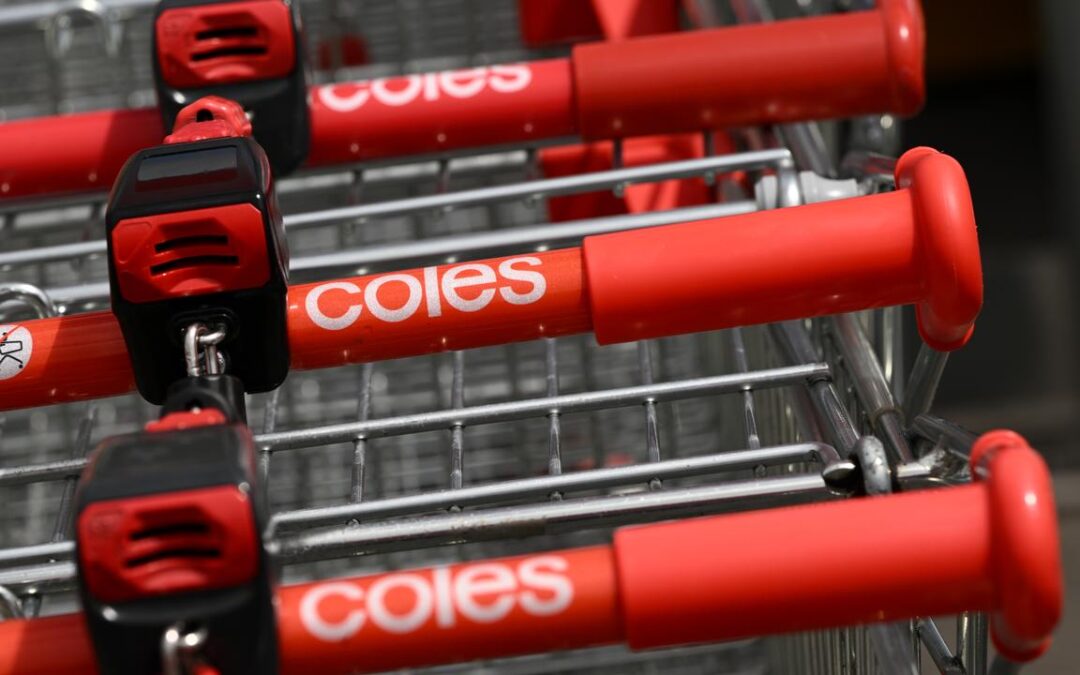
‘Do you care?’: Coles stares down anti-salmon activists
Coles shareholders have backed the supermarket giant’s approach to salmon farming but not before executives caught an earful from activists defending an endangered prehistoric fish.
A Queensland teenager was among the conservationists who queried the company’s approach to sourcing salmon from Tasmania’s Macquarie Harbour at the grocery giant’s annual general meeting on Tuesday.
Coles leaders batted away questions on its fish supplies despite delivering a series of strong sales results as it gained ground on arch rival Woolworths.

Spencer Hitchen, 14, told executives and shareholders he could not comprehend how the adults could further threaten already-endangered species.
“Are you willing to knowingly extinct the Maugean skate and do you care about my generation’s future?” he asked.
The harbour is believed to be the only natural habitat left for the skate, a flat-bodied ray that dates back to the time of the dinosaurs.
Coles chairman Peter Allen said he was comfortable with what the science was telling them and what the firm was doing about the issue.
“We don’t want to be associated with the extinction of the Maugean skate,” he said.
Since 2019, Coles had engaged with stakeholders including university scientists, non-governmental organisations and the Tasmanian Environmental Protection Agency to understand the impact of salmon farming in Macquarie Harbour, Mr Allen said.
Activists say the fish farming there causes poor water quality and low oxygen levels, threatening the skate’s survival, although University of Tasmania scientists in February reported that its population had been improving in recent years.
Mr Allen said he visited the harbour in October with company chief executive Leah Weckert and they were encouraged by the actions taken by scientists and industry over the complex issue.

“Coles takes responsible sourcing seriously,” he said.
Just 12.5 per cent of Coles shares at Tuesday’s annual general meeting were cast in favour of a resolution backed by activists that asked Coles to align its seafood sourcing to a global best-practice standard.
That resolution was never officially put to the meeting as it was contingent on an amendment to the company’s constitution passing.
Coles’ board recommended a vote against the resolutions, saying they would duplicate work under way and potentially add costs without any clear environmental benefits.
The board also noted the resolutions had been backed by a group of shareholders who held only a tiny share of the company’s issued capital.
Shareholders at Woolworths’ annual general meeting also voted down similar resolutions in October, although they received more support with 34 per cent voting in favour of a farmed seafood reporting policy.
Coles turned a $1.1 billion profit in the past financial year, while its sales revenue grew twice as fast as that from its larger rival, Woolworths, in the first quarter of 2025/26.
The company’s shares were up marginally to $22.30 on Tuesday.